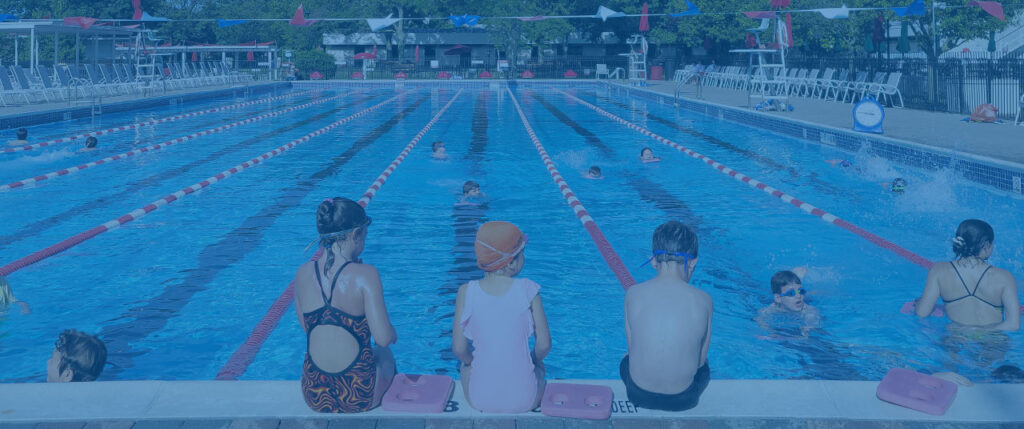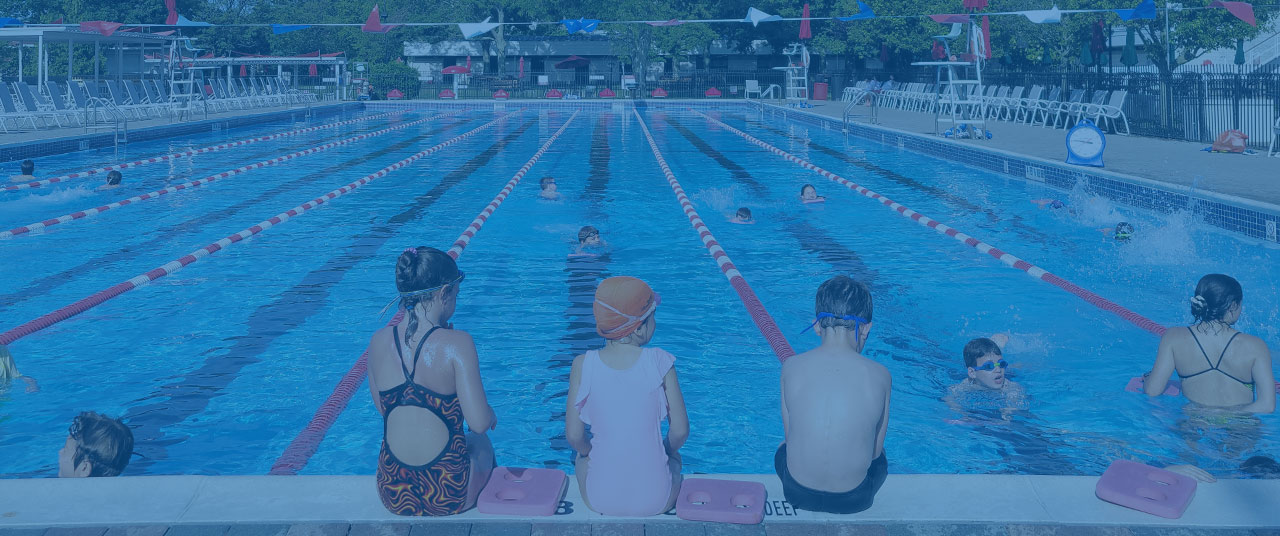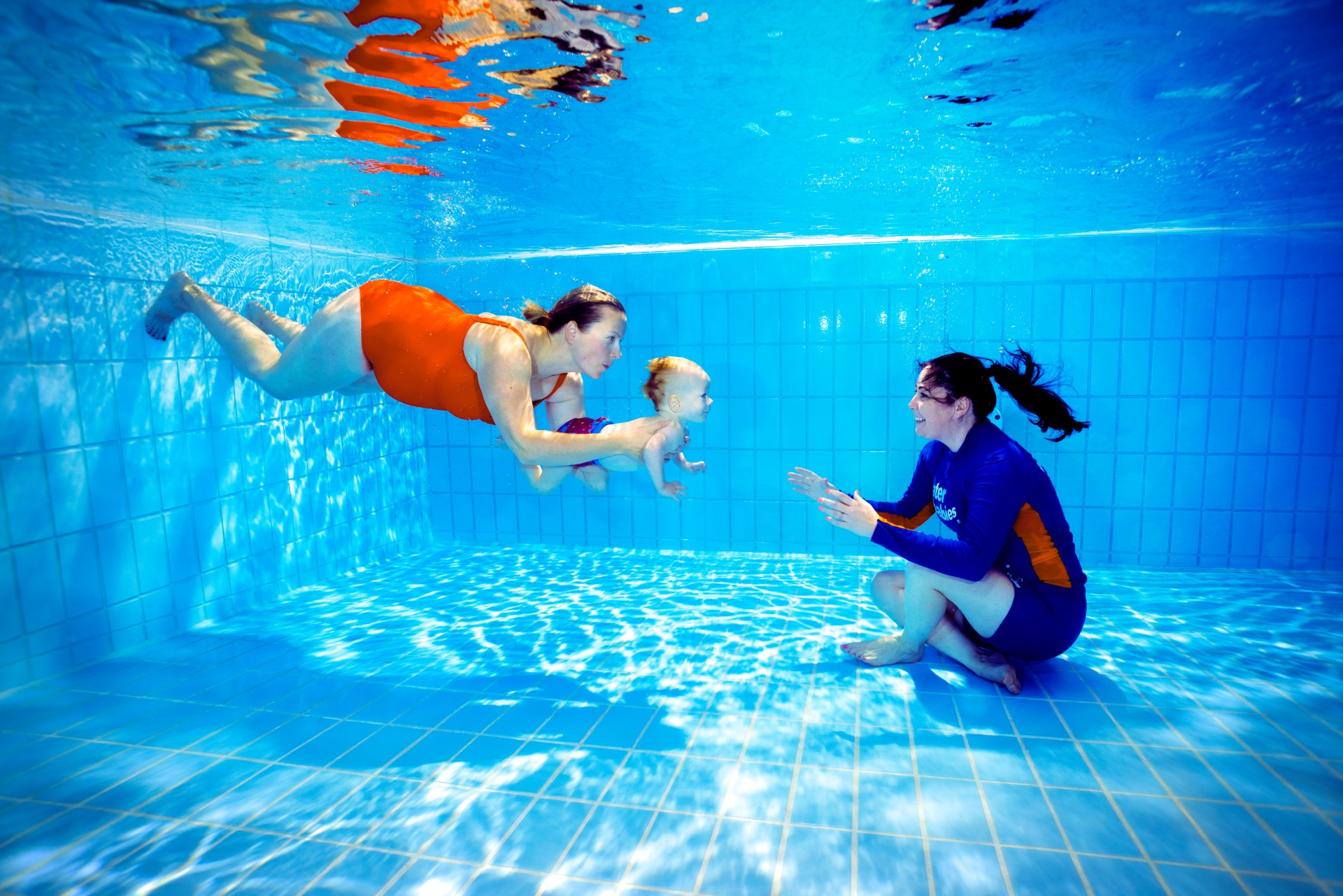A blog from our partners at My First Five Years
Self-confidence and self-awareness are crucial aspects of a child’s development. These traits enable children to form healthy relationships, express emotions, and become resilient, self-confident learners. But did you know that an activity such as swimming can significantly contribute to these developmental areas?

Building Self-Confidence
Swimming provides children with a sense of achievement. Learning to swim is a step-by-step process that involves mastering various skills, from dipping their toes in the water to floating and eventually swimming strokes. Each of these achievements brings a sense of confidence in their abilities [1]. Additionally, swimming is often learned alongside an adult, providing children with undivided attention and support, which further enhances their confidence.
Enhancing Self-Awareness
Swimming helps children become more aware of their bodies and movements. The tactile experience of water and the need to coordinate different body parts to stay afloat and move effectively heighten bodily awareness. This physical self-awareness translates into a better understanding of personal space and physical capabilities [2].
Emotional Regulation
The calming effect of water can help children manage their emotions. Swimming requires growing focus and control, which supports children in understanding how to regulate their emotions. This, in turn, helps develop emotional resilience and self-awareness [3].
Social Interaction and Teamwork
Swimming can sometimes be a team effort, requiring cooperation and communication. These interactions help children understand social dynamics and develop empathy. They learn to take turns, share resources, and support their peers, which are all components of developing social self-awareness [4].
Overcoming Fear and Building Resilience
For many children, water can initially be intimidating. Overcoming this fear through swimming can be a powerful experience that builds resilience. Children learn that they can face challenges and succeed, which boosts their self-confidence and teaches them to approach new situations with a positive mindset in the future.
Encouraging Curiosity and Exploration
Water provides a unique environment for exploration and discovery. Children can experiment with how their bodies move in water, observe how objects behave differently when submerged, and engage in imaginative play. This curiosity-driven exploration fosters a sense of wonder and encourages cognitive development alongside self-awareness.
Swimming is more than just a fun activity; it is a powerful tool for developing self-confidence and self-awareness in children [1]. By mastering swimming skills, children gain confidence in their abilities, become more aware of their bodies and emotions, and learn valuable social skills. So, if you’re looking for ways to spend a rainy weekend afternoon, a trip to your local swimming pool is a great option.
Download their app here: https://apps.apple.com/gb/app/my-first-five-years/id1567551364
Visit MFFY’s website: http://www.mffy.com/
[1] Langendorfer, S. J., & Bruya, L. D. (1995). Aquatic readiness: Developing water competence in young children. Human Kinetics.
[2]. Santos, C., Burnay, C., Button, C. and Cordovil, R., 2023. Effects of Exposure to Formal Aquatic Activities on Babies Younger Than 36 Months: A Systematic Review. International journal of environmental research and public health, 20(8), p.5610.
[3] Becker, B. E. (2009). Aquatic therapy: scientific foundations and clinical rehabilitation applications. PM&R, 1(9), 859-872.
[4] Peden, M., Oyegbite, K., Ozanne-Smith, J., Hyder, A. A., Branche, C., Rahman, A. F., Rivara, F., & Bartolomeos, K. (2008). World report on child injury prevention. World Health Organization.


